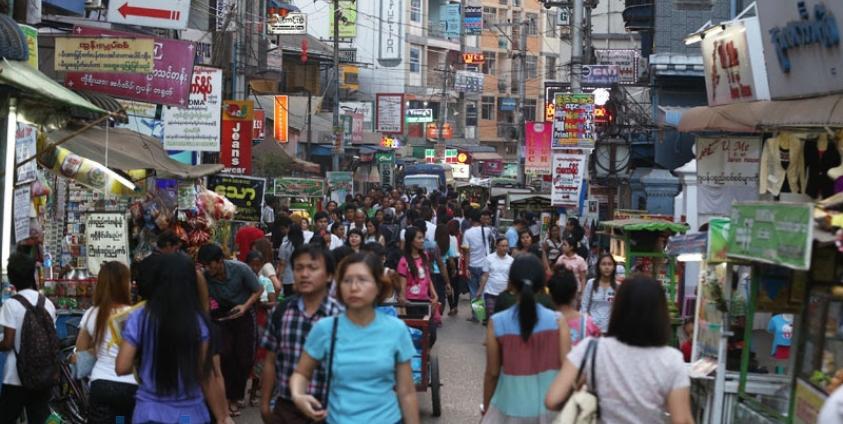Myanmar’s record on women rights will be reviewed on July 7 in Geneva by the UN Committee on the Elimination of Discrimination against Women, which evaluates compliance with the mandates of the Convention on the Elimination of All Forms of Discrimination against Women (CEDAW). Adopted by the General Assembly in 1979 and described as an international bill of rights for women, CEDAW establishes vast responsibilities on states to ensure women’s equality and end all forms of discrimination against women in public and political life. Myanmar ratified CEDAW in 1997 and was last examined by the Committee in 2008.
This upcoming review comes at a crucial time, since it is the first to take place since the transition to a quasi-civilian government in 2011 and comes on the heels of a new government, led by Daw Aung San Suu Kyi’s National League for Democracy party, assuming power in April. The Myanmar government delegation will dialogue directly with the Committee and expand upon written information compiled by U Thein Sein’s government and submitted to the Committee in January 2015 and May 2016. Following the review, the Committee will issue recommendations directly to the government which will set important benchmarks with respect to protecting women’s rights, ensuring equality, and eliminating discrimination against women. Highlighting gender gaps and establishing steps to eliminate them will make clear that Myanmar’s transition to democracy must not leave women behind.
International venues are critical avenues for grass roots organizations to advocate directly to the international community. In 2008, women’s groups were not able to participate because of the enormous risks and challenges to operating under the previous military regime , leaving the Women’s League of Burma, an umbrella organization of 13 ethnic women’s groups based in Chiang Mai, as the sole civil society organization voicing women’s concerns during the review. In contrast to 2008, this upcoming review promises to be far more inclusive as multiple groups inside the country have already participated by submitting reports directly to the Committee and will attend and speak at the review session in Geneva. Women’s groups have shown unprecedented coordination by combining advocacy efforts, for example by submitting a joint list of issues of concern to the Committee. Local women’s organizations submitting reports for the review session include CEDAW Action Myanmar, Gender Equality Network, Women’s Organisation Network, and Women’s League of Burma.
Because CEDAW provides mandates on a wide range of women’s rights issues, the review in Geneva will be a comprehensive one. Topics covered could include access to justice for women victims of discrimination and violence, implementation of the 2013 National Strategic Plan for Advancement of Women, continuing threats against women human rights defenders, steps to eliminate discriminatory cultural practices and stereotypes, women’s limited political participation, protection of sexual and reproductive health and rights of women, equal access to education and economic opportunities, trafficking, investigations of alleged violence by security forces, and barriers to equality faced by rural and ethnic women. This CEDAW review could also touch upon how women are affected by ethnic conflict since CEDAW General Recommendation 30 requires state parties to ensure women’s safety and participation in peace and reconciliation processes. Since women still face multiple barriers to participating in public and political life and have been largely excluded from peace negotiations, the Committee review provides an important opportunity to advocate for greater inclusion moving forward.
With a vast array of topics to be covered, the Committee will specify and clarify mandates for improvement in multiple areas. The international community should take a page from the playbook of Myanmar’s women’s groups and show solidarity by setting an ambitious agenda for government action to end discrimination and ensure equality. Now is the time to show that an important part of establishing a truly democratic society is ensuring that the principles of gender equality are fully respected and incorporated.
May Sabe Phyu is a Director for the Gender Equality Network in Myanmar and Michelle Onello is Senior Counsel at the Global Justice Center in New York.








